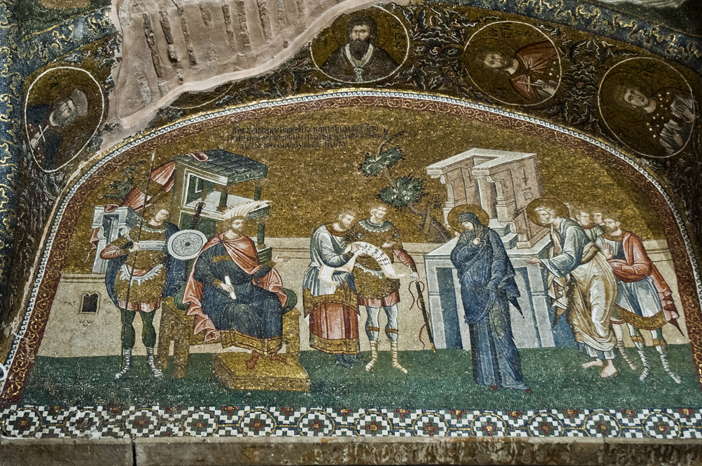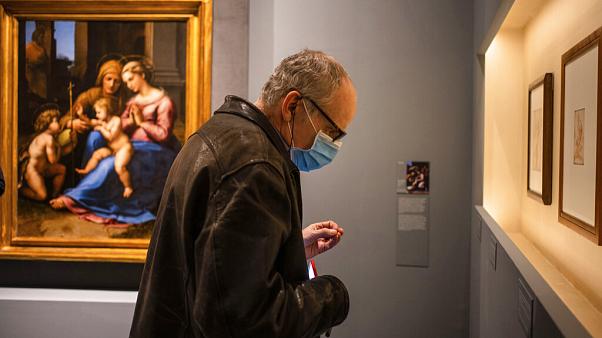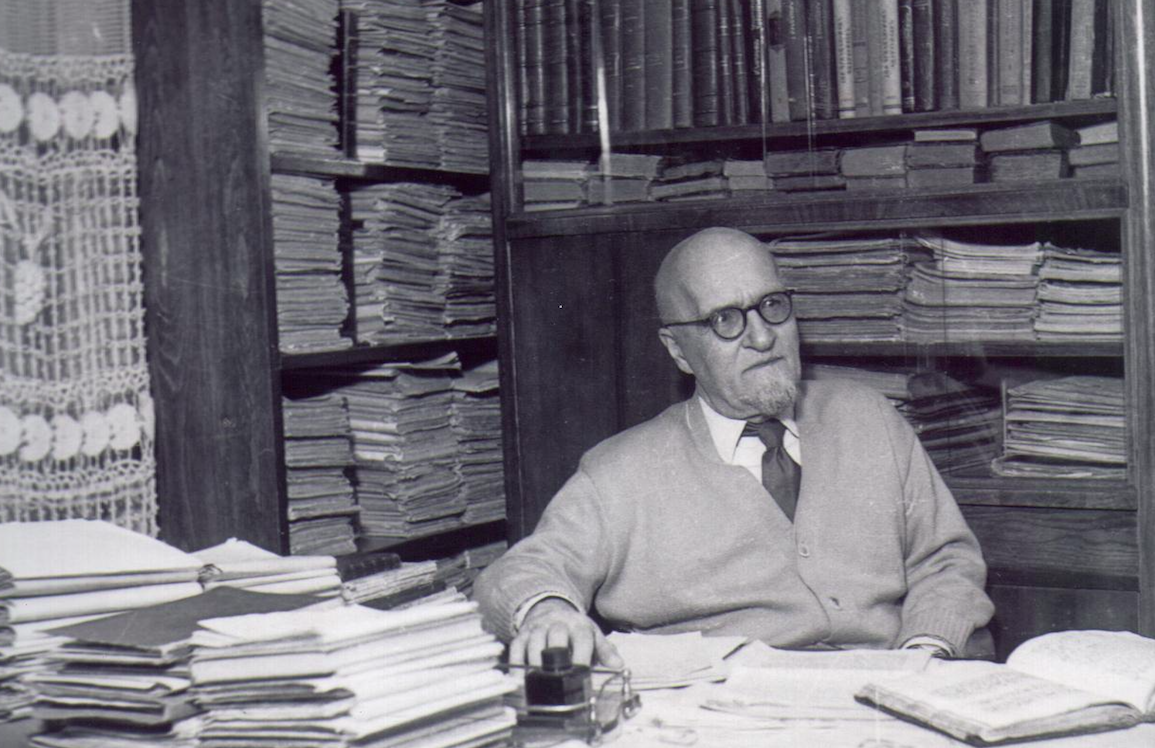SPECIAL REPORTS
Public Commemorations of the Armenian Genocide in İstanbul: A light of hope?
In the early 2000s, the Armenian Genocide was commemorated publicly in Turkey. Today, it is not. Remembering changes those who remember. Drawing on archival research and interviews with people who participated in and even initiated such commemorations, I ask about the origins of such activism, what it represented, what happened, and what might come next. I then offer recommendations, in hope of deepening and making my own contribution to memory activism in Turkey.
Sourp Asdvadzadzin as Cathedral, Prison and Mosque in Aintab
Tamar Gürciyan successfully defended her thesis entitled "An Investigation to the Adaptive Reuse of Late Ottoman Armenian church in Aintab, Surp Asdvadzadzin church/Liberty Mosque" at the Technical University of Berlin. With this thesis, Gürciyan carried out a comprehensive study on the transformation of the Surp Asdvadzadzin Church in Antep. Parrhesia Collective had an interview with Tamar Gürciyan about her thesis.
Speaking ineffable
Academics Erol Köroğlu has authored an article, entitled “Speaking ineffable”, in the news portal Artı Gerçek about evil, talking about evil in which he puts the Armenian Genocide and the treatment of Armenians in the Ottoman Empire and Turkey as the context of his discussion.
Ferlinghetti’s legacy: the freedom outside echo chambers
Echo chambers are bad for democracy and public health. This is precisely where the legacy of the late poet and artist Lawrence Ferlinghetti offers hope for Turkey and the world to open up echo chambers and build genuine democracies.
Herkan: Remembering the power of indigeneity
Herkan. She had one of those special names I had never heard before... It must be one of those old Armenian names, like the ones which I had only come across in the mid-19th century archival documents. She was the mother of four children and my admiration of her started when I got to know her one and only daughter. I had first met her daughter more than 25 years ago, when I was 16 and she was 48. We lost tracks of each other until reconnecting recently all these years later. I had not remembered her name, I had not remembered where I first met her, but I remembered how much I loved her. A heart full of love, which she inherited from her mother Fatma-Herkan. Now on the occasion of the 8th of March, I write to bring Herkan’s legacy into the present, as it whispers a long-lost song into our ears, one that we all recognize.
Letter from a Harput (Kharpert) Armenian to Mustafa Kemal Atatürk
Hüsnü Gürbey and Mahsuni Gül discovered an intriguing document that has been lying in the state archives for 83 years. It is of a letter written by B.G. Karapetyan, an Armenian from Harput (Kharpert), to Atatürk towards the end of 1937. In this letter, Karapetyan outlines the events that were inflicted on the Armenians from 1909 to 1915, providing an analysis of these events. He also proposes a new system for Turkey that would respond to the peoples’ demands for freedom.
Chora/Kariye: From the land of the living to dystopia
Byzantine Art Historian Dr. Anestis Vasilakeris comments on the timeless messages carried to the present by the narratives depicted in the mosaics and frescoes of the church of Chora Monastery in Istanbul.
Armenian Artists report from quarantine: Intensifying Anxiety, Fading Hope
In these forsaken days of the Corona Virus, Art in its physical sense of exhibitions, events, screenings, performances, publications and so forth, has become almost a rarity. Yes, a great number of artists have been active by channeling their creative side through the internet but the essential live interaction between the artist and the audience is almost none. Every one is in the same situation of isolation and quarantine. We at Agos felt that there is a common ground here regarding the artistic well-being and day-to-day creative life of artists in general during this long and absurd period staged by a deadly virus. So, we asked Armenian artists living in many different countries how isolation has effected their creative process, focus and inspiration regarding their art…and how do they envision the future of their art and creativity once the quarantine days come to an end?
We asked them to write back for our readers to know their thoughts and reflections. Berge Arabian
Siruni: The Witness to the Great Calamity
At the end of the war, when the Ottoman Empire was defeated and the Ittihadist leaders escaped to Germany, Siruni came out of his hiding, and with few surviving intellectuals tried to re-establish a community that was mortally wounded.
History, Memory, and the Future
In both the United States and Turkey, the current governments and the social systems they protect discriminate against whole parts of the population. Their victims may be the socially disadvantaged or distinct ethnic and religious peoples. Imagine a country where the poor and members of ethnic minorities die more often from the coronavirus than the well-to-do and those favored by the state.


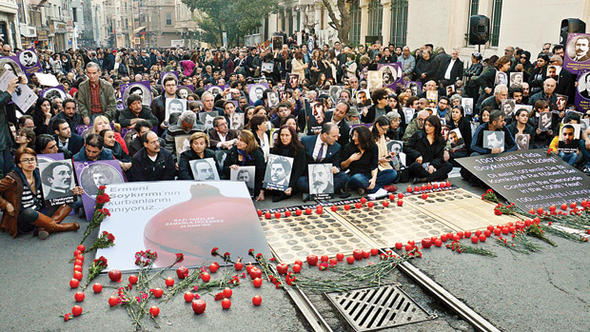
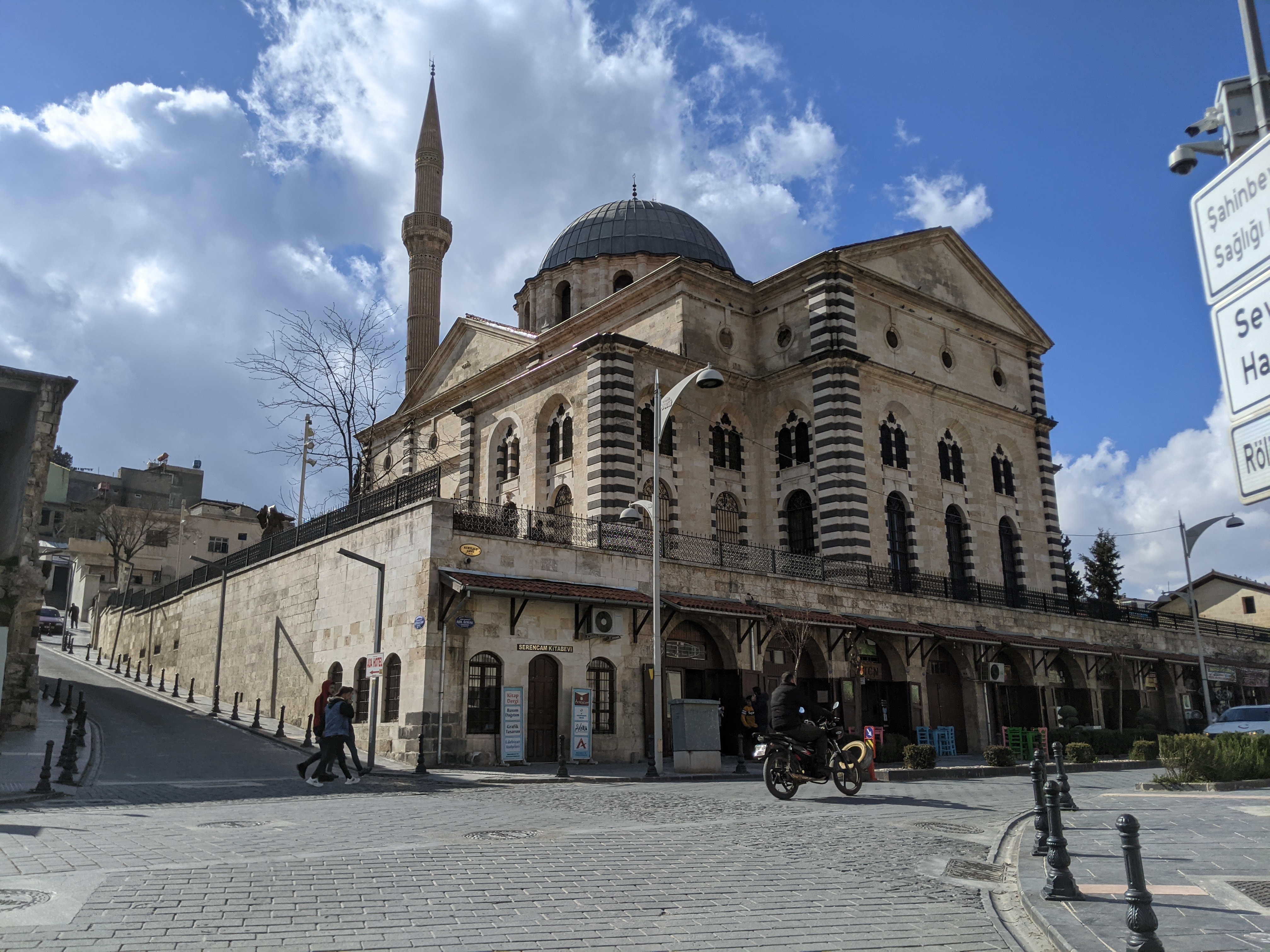
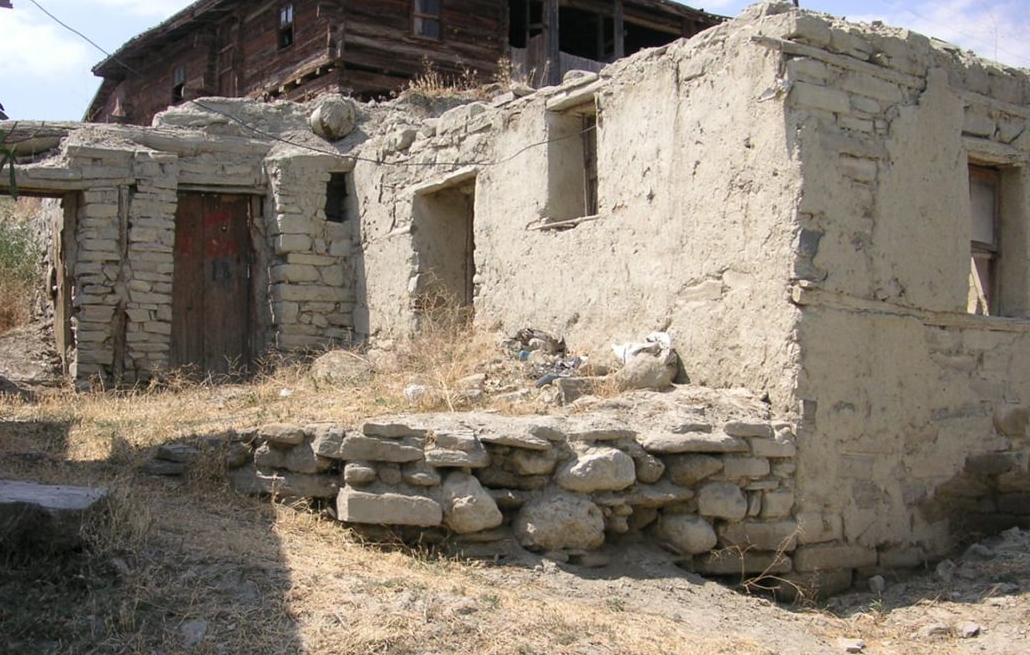

 (Houshamadyan arşivi).jpg)

